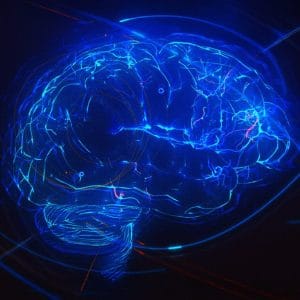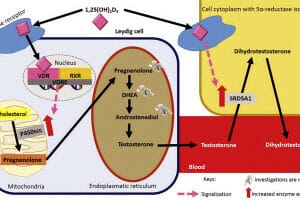Introduction to Neuromodulation in Alzheimer's Treatment
The quest for effective treatments against Alzheimer’s disease has seen significant advancements, with a recent clinical trial showcasing the potential of neuromodulation in reducing disease progression. This innovative approach has demonstrated statistically significant benefits across various domains, including cognitive, functional, and behavioral aspects. As we delve into the specifics of this breakthrough, it’s essential to understand the current landscape of Alzheimer’s research and the role that neuromodulation systems might play in it.
Understanding Alzheimer's Disease Progression
Alzheimer’s disease is a complex neurodegenerative disorder characterized by the progressive loss of memory and cognitive functions. The disease’s progression can be understood through the analogy of a neural network where connections between brain cells (synapses) are gradually lost, leading to impaired communication and, ultimately, cell death. Current treatments focus on managing symptoms rather than addressing the underlying causes, highlighting the need for innovative therapies that can slow down or halt disease progression.
The Promise of Neuromodulation
Neuromodulation involves the use of electrical or magnetic stimuli to modulate brain activity. In the context of Alzheimer’s, this technique aims to rebalance neural networks, potentially slowing down or reversing some of the cognitive decline associated with the disease. A recent study published in a prestigious medical journal has brought promising news: a neuromodulation system has been shown to reduce Alzheimer’s disease progression by 44%. This significant reduction underscores the potential of neuromodulation as a therapeutic approach.
Key Findings and Implications
The clinical trial in question met all key endpoints, demonstrating benefits across cognitive, functional, and behavioral domains. Some of the key findings include:
– Cognitive Improvement: Participants showed significant improvement in cognitive functions, including memory and problem-solving abilities.
– Functional Enhancement: There was a notable enhancement in daily functional activities, indicating a better quality of life for patients.
– Behavioral Benefits: The study also observed positive changes in behavioral aspects, such as reduced agitation and improved mood.
Future Perspectives on Neuromodulation in Alzheimer's Treatment
As we look to the future, the implications of this study are profound. With 44% reduction in disease progression, neuromodulation emerges as a beacon of hope for patients and families affected by Alzheimer’s. While more research is needed to fully understand the long-term effects and to optimize treatment protocols, the current findings are undeniably promising. As I reflect on the potential of neuromodulation, it’s clear that this technology could revolutionize the treatment landscape for Alzheimer’s, offering new avenues for intervention and management.
Moving Forward with Neuromodulation Research
The road ahead involves further investigation into the mechanisms by which neuromodulation exerts its effects, as well as the development of more sophisticated systems that can be tailored to individual patient needs. With ongoing research and development, it’s conceivable that neuromodulation could become a cornerstone in the treatment of Alzheimer’s, complementing existing therapies and potentially leading to better outcomes for patients. As the field continues to evolve, one thing is clear: the future of Alzheimer’s treatment looks brighter, with neuromodulation playing a pivotal role in the quest for a cure.














